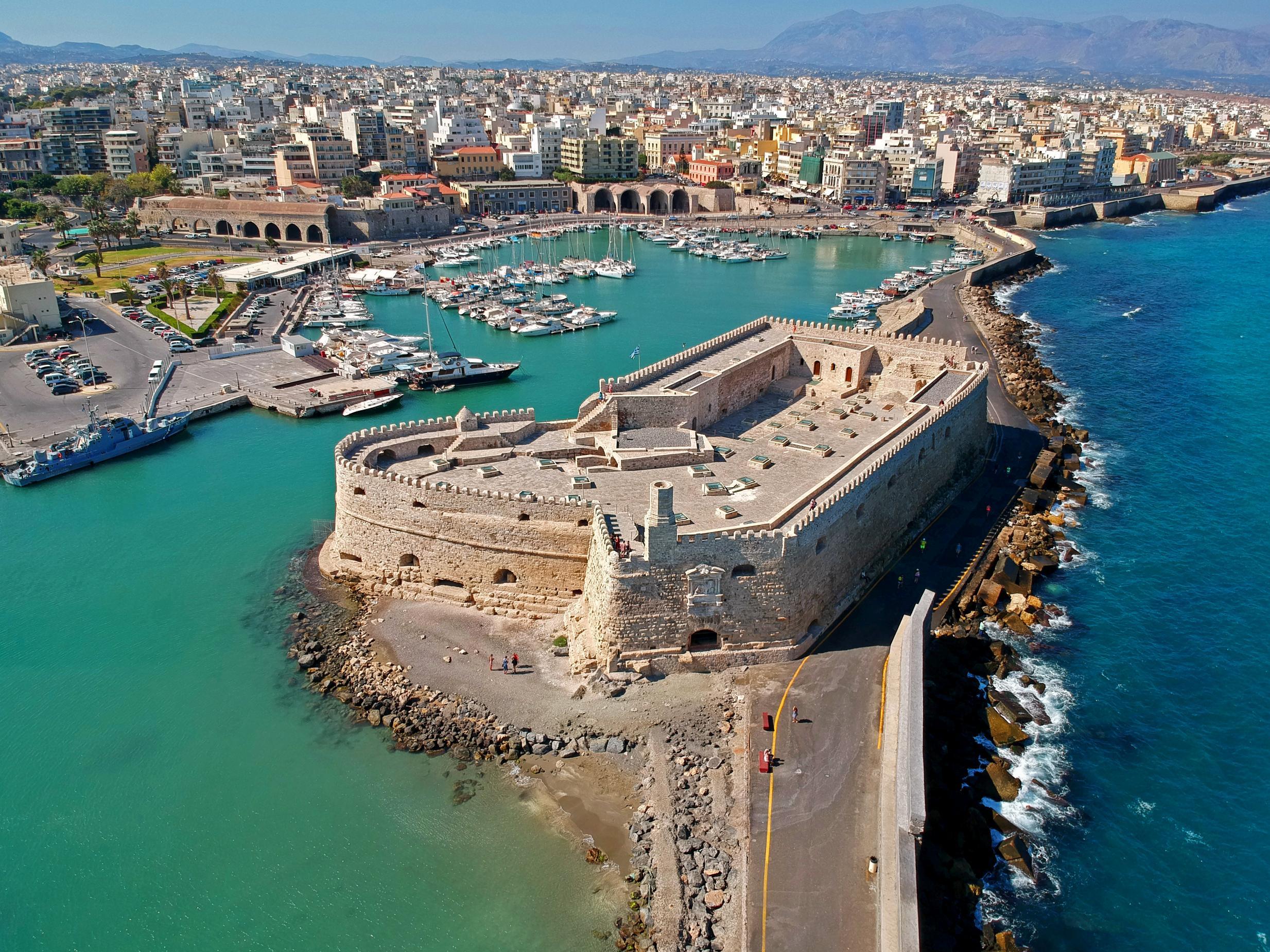Coronavirus: Will I get a refund for my Airbnb accommodation?
Simon Calder answers your questions on pandemic schemes, package holidays and the necessity of insurance


Q My flight to Bali from Cardiff in August was cancelled by Qatar Airways last week. We booked the flight with an online travel agent. The firm says it is processing a refund but it could take up to 12 weeks.
We had booked various accommodation with Airbnb but the company hasn’t extended its coronavirus cancellation policy yet. We’ve contacted the hosts who refuse to give full refunds until Airbnb updates that policy. The health secretary Matt Hancock has suggested that there will be no holidays this year for anyone in the UK. Can you advise on my situation and how you would approach it?
Liam H
A It’s sadly no surprise that your flight has been cancelled. While airlines are starting to fly at scale this summer, many marginal routes will not be departing any time soon. Sadly, links that are relatively new and commercially unproven, such as Cardiff to Doha, are prime candidates to remain grounded.
But I am surprised by what happened next when your flight was cancelled. Under European air passengers’ rights rules, the airline – via your agent – should have offered an acceptable alternative. That might have been a journey from Heathrow instead (with Qatar Airways picking up the bill for the bus to the airport), or on different airlines – such as KLM from Cardiff via Amsterdam and Jakarta. It is your choice whether to accept that option or to take a cash refund.
The unhelpful remarks of the health secretary while on ITV’s This Morning do not constitute government policy. While there is open-ended Foreign Office advice against all but essential travel abroad, I would be surprised if this still prevails in August.
So my advice is to assume that the trip is going ahead. Remind the travel agent of your legal entitlement and wait for a suitable alternative to be offered to get you to Bali; you should not be asked to pay any extra.
While I have no idea what will happen in the next few months, I believe there is a good chance that your trip will go ahead as normal, in which case you should have a happy and safe holiday.
If, unfortunately, the coronavirus pandemic means that you are unable to travel, then you should pursue full refunds. Should you be unable to recoup the Airbnb commitment, go to your travel insurer – assuming you took the policy out before the outbreak began.

Q We were on a 17-night package to Australia and Bali that started on 8 March. The last leg was supposed to be a five-night stay in Bali. But on 17 March the Foreign Office advised against non-essential travel abroad. So the Bali leg was cancelled and we flew straight home from Australia.
As we didn’t take up the Bali accommodation we have asked for a refund of that portion, which was £510. But the travel firm has told us that the money has been paid over to the hotel and no refund can be paid to us. But the virus situation appears to have changed things as many hotel companies are refunding people who wouldn’t normally qualify. What should we do?
Eric G
A It’s now two months since you learnt your trip was coming to a premature end because of the coronavirus pandemic. I am glad the travel firm rearranged flights for you, but I am perplexed at its attitude to the refund. As you booked a package holiday, the exact cost of the Bali accommodation, and the hotel’s attitude to refunds, is irrelevant.
Put simply, the travel firm owes you a proportion of your money back because it was unable to provide the trip that you had booked. As your travel firm no doubt knows, the package travel regulations are specific about what happens in these circumstances.
The law says: “The organiser must offer the traveller an appropriate price reduction for any period during which there is a lack of conformity, unless the organiser proves that the lack of conformity is attributable to the traveller.”
Since you clearly didn’t cause the “lack of conformity”, your travel firm should already have offered you the “appropriate price reduction”. The way that this is calculated is slightly weighted in the travel provider’s favour, because the value of the flights is deducted before any settlement is calculated.
But suppose in your case the price of the trip was £2,700 per person, of which £1,000 represented the air fare. That means you would be due five-seventeenths of the remaining £1,700 – being the proportion of the trip you lost. That’s £500 each. If the holiday was more expensive, then you can expect more; if it was cheaper, a little less. But still more than the £510 in total the company is arguing over, which I dare say you would have accepted. I suggest you invite the travel firm to meet its obligations.

Q What will happen to travel insurance if we are able to go on European holidays this year? In our particular instance, my wife and I (fit, healthy and in our mid-seventies) are booked to go to Crete in September.
We are flying with British Airways, with two days in a hotel in Heraklion, and 12 days in a Cretan cottage in Kato Zakros. We have no insurance arranged. What, in your opinion, should we do?
Philip M
A Your trip sounds ideal: September is a splendid time in Crete, and I am pretty confident that your trip will go ahead as planned. But the insurance position is difficult. One of the leading travel insurers, Columbus Direct, says: “Our policies will not include any cover for claims arising from, or related to, Covid-19 coronavirus.” A basic two-week policy, with this provision, for a 75-year-old is £83, which I speculate would add at least 10 per cent to the cost of your trip – possibly a much higher proportion.
The Foreign Office says: “Wherever you’re travelling, getting the right travel insurance is one of the most important things to do before you go. It could save you and your family a lot of money and difficulty if things go wrong before or during your trip.”
Abta, the travel association, goes one stage further: “Taking out travel insurance is crucial when you book your holiday, whether it’s a domestic break or overseas.”
But I contend that you might, after careful thought, rationally decide not to insure. The main purpose of travel insurance is to provide medical treatment if you fall ill abroad. Until the end of 2020, British travellers are covered by the European Health Insurance Card scheme, offering treatment in public hospitals on the same basis as local citizens. You may already have cover for valuables through your household insurance policy, or indeed not be carrying anything that you can’t afford to replace. And you may be prepared to accept the risk that, for example, you abandon the trip before it starts because of illness.
So you may choose to self-insure – in other words, not insure at all. My 90-year-old mother-in-law is a great traveller within Europe and never takes out travel insurance. But from 2021 that may change.
Email your question to s@hols.tv or tweet @simoncalder
Join our commenting forum
Join thought-provoking conversations, follow other Independent readers and see their replies
Comments